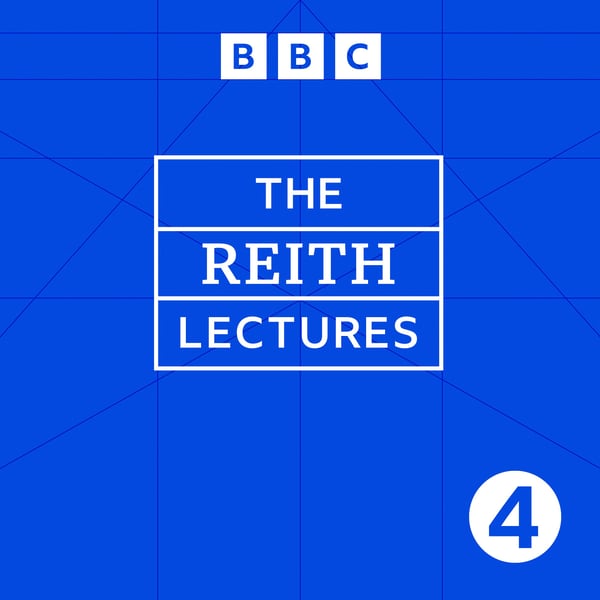Global Changes - Actual and Possible
The Reith Lectures
BBC
4.2 • 770 Ratings
🗓️ 30 November 1969
⏱️ 28 minutes
🧾️ Download transcript
Summary
The Vice-President of the Conservation Foundation in Washington, DC and renowned ecologist Sir Frank Fraser Darling explores the concept of Man's responsibility for his natural environment in his Reith series entitled 'Wilderness and Plenty'.
In his fourth lecture entitled 'Global Changes - Actual and Possible', Sir Frank Fraser Darling explores the problem of overpopulation and its likely effect on the natural world. He considers the population problem in relation to other environmental factors such as increasing levels of carbon dioxide in the atmosphere, increased reliance on technology and the reduction in all natural environmental buffers. He ponders whether rises in prosperity and population might just signal the decline of the habitable world.
Transcript
Click on a timestamp to play from that location
| 0:00.0 | This is a podcast from the archives of the BBC Reith Lectures. |
| 0:04.7 | This lecture in the series Wilderness and Plenty, given by Sir Frank Fraser Darling, |
| 0:09.9 | was originally broadcast in 1969. |
| 0:13.5 | There are processes going on in the world that are not obvious to many of us, |
| 0:18.3 | but that have great importance, and sooner or later we'll have to decide which way we're going. |
| 0:23.6 | Last time I spoke of the enveloping character of advanced technology and the choking side effects of pollution. |
| 0:33.6 | There's another aspect of this, especially affecting large bodies of fresh water, |
| 0:39.4 | such as the great lakes of North America, one at least of the Swiss lakes, |
| 0:43.8 | even the new Lake Carreber in Africa, |
| 0:46.5 | and perhaps surprisingly, our own Lochleven in Scotland. |
| 0:51.4 | Lake Erie is now looked upon as the classical world example of the phenomenon of utrophication, |
| 0:59.0 | a sort of pathological overfeeding. Sewers and wastes went into the lake for years, |
| 1:05.1 | which meant an excess of some plant nutrients, some animal poisons, and an upset in the natural oxygenation of the water. |
| 1:14.5 | Fish life has gone. There's been a dense blooming of algae, microscopic waterweeds, in the summer, |
| 1:22.2 | and of course people don't bathe in this great lake anymore. |
| 1:26.6 | There's been a further dumping of phosphates into the lake |
| 1:29.6 | since detergents were used |
| 1:31.4 | and a vast quantity of nitrates |
| 1:33.7 | coming from the use of nitrogenous fertilizers |
| 1:36.4 | on agricultural land. |
| 1:39.7 | Lake Erie is one of those ultimates I've mentioned before |
| 1:43.2 | that we should concentrate on as examples of what |
... |
Transcript will be available on the free plan in -20212 days. Upgrade to see the full transcript now.
Disclaimer: The podcast and artwork embedded on this page are from BBC, and are the property of its owner and not affiliated with or endorsed by Tapesearch.
Generated transcripts are the property of BBC and are distributed freely under the Fair Use doctrine. Transcripts generated by Tapesearch are not guaranteed to be accurate.
Copyright © Tapesearch 2025.

